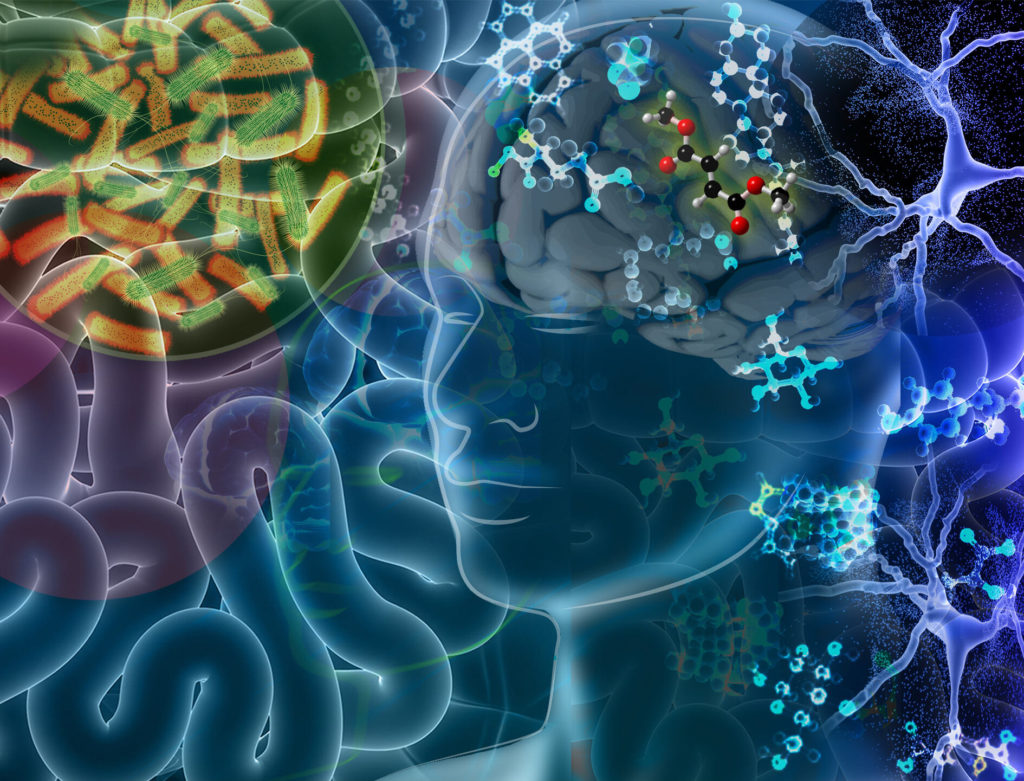
Researchers at the University of Colorado Anschutz Medical Campus have found a promising drug candidate that could help restore vision in individuals with multiple sclerosis (MS) and other neurological conditions that damage neurons.
The study was published this week in the journal Nature Communications.
The drug, LL-341070, enhances the brain’s ability to repair damaged myelin— the protective sheath around nerve fibers. Damage to myelin is a hallmark of diseases like MS, as well as a natural consequence of aging, often resulting in vision loss, loss of motor skills, and cognitive decline.
The research, focused on vision, demonstrated that while the brain has some ability to repair itself when myelin is damaged, the process can be slow and i...
Read More









Recent Comments